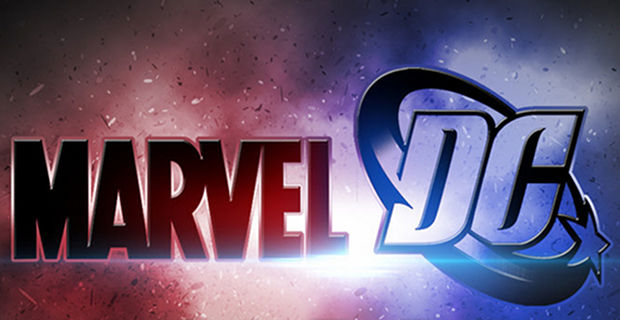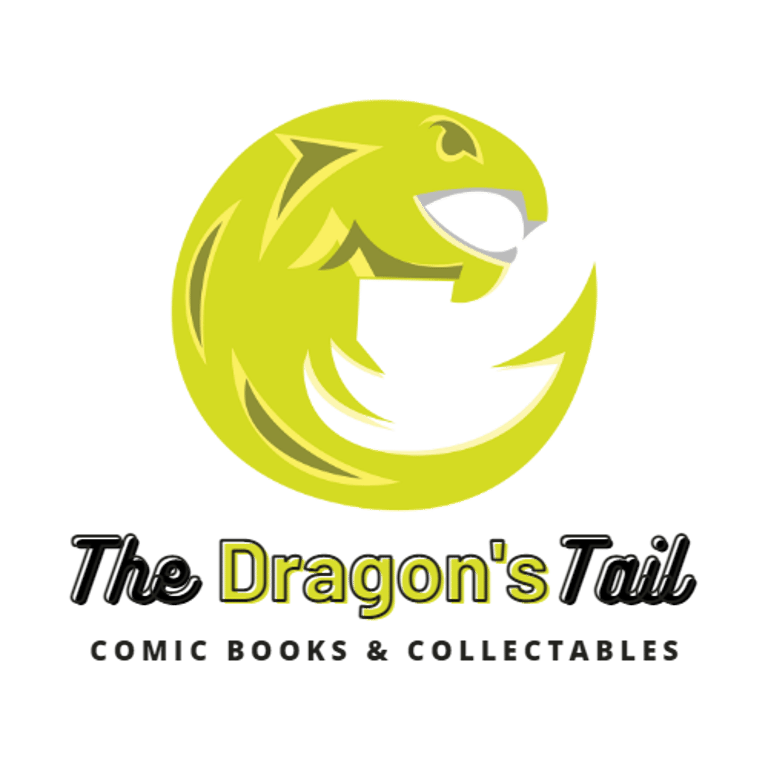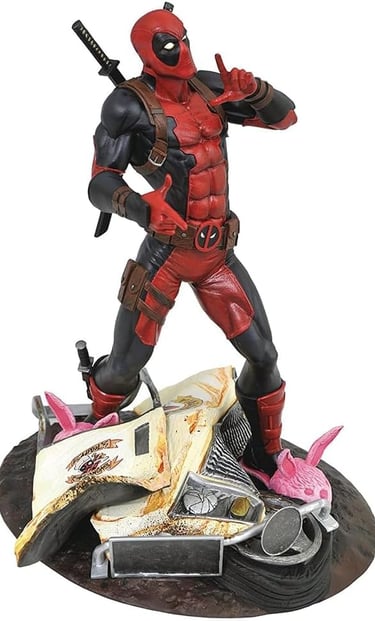DC VS Marvel
Blog post description.
11/7/20244 min read


Marvel vs. DC: Comparing Iconic Superheroes and Their Impact on Pop Culture
Introduction
For decades, Marvel and DC Comics have been at the forefront of the superhero genre, captivating fans with their unique characters, intricate storylines, and high-stakes adventures. Each universe has its own style and philosophy, which is reflected in the heroes and villains they create. Marvel and DC's superheroes often share similar powers or origins but are distinct in their personalities, motivations, and the universes they inhabit. In this article, we’ll compare some of the most iconic superheroes from Marvel and DC and delve into how each universe crafts its heroes, what sets them apart, and their broader impact on pop culture.
Origins and Background: A Universe of Difference
One of the defining contrasts between Marvel and DC heroes is their origin stories. Marvel’s heroes often emerge from a world grounded in science, with a blend of realism and complexity that resonates with real-world struggles. DC, meanwhile, leans into mythic archetypes and epic narratives, creating heroes who are often god-like figures with grand destinies.
Iron Man vs. Batman
Both Tony Stark (Iron Man) and Bruce Wayne (Batman) are billionaire geniuses who use their wealth and intellect to fight crime. However, Tony’s transformation from a carefree playboy to a hero in a suit of high-tech armor speaks to Marvel's emphasis on personal redemption and responsibility. Batman, on the other hand, represents an unrelenting mission rooted in tragedy and justice. His vigilante style and near-mythic status emphasize DC's theme of moral absolutes and complex heroism.Spider-Man vs. Superman
Marvel's Spider-Man is an everyman who struggles with real-life issues like paying rent and coping with loss. His motto, "With great power comes great responsibility," underscores Marvel's approach to heroism as a blend of sacrifice and self-discovery. Superman, on the other hand, is a beacon of hope and a symbol of ultimate strength, embodying DC's ideal of the perfect hero who inspires through his selflessness and unwavering morality.
Power and Abilities: The Limits of Strength
Marvel and DC heroes often share similar powers, but each universe uses them to tell different kinds of stories. Marvel’s heroes are more likely to have flaws and limitations that humanize them, while DC heroes tend to have iconic, almost limitless power that underscores their mythic stature.
Thor vs. Wonder Woman
Both Thor and Wonder Woman are mythological figures with immense strength and a connection to gods. However, Thor’s storylines in Marvel often involve struggles with personal flaws and reconciling his place in the cosmos, a theme reflective of Marvel’s tendency to make even god-like heroes relatable. Wonder Woman, in contrast, represents an unyielding warrior with a mission to promote peace. Her powers are vast and near-boundless, making her a more idealized figure who embodies DC’s classic archetype of the noble and morally driven hero.Hulk vs. Flash
The Hulk and the Flash showcase different approaches to power and control. Bruce Banner’s transformation into the Hulk is often depicted as a curse—a loss of control that leads to destruction. His struggle with this duality reflects Marvel’s nuanced view of power as both a gift and a burden. Flash, on the other hand, wields his speed with a sense of purpose and heroism. His control over his powers and his commitment to justice highlights DC’s depiction of heroes as paragons of virtue, even in the face of immense responsibility.
The Teams: Avengers vs. Justice League
Team dynamics are another area where Marvel and DC differ. The Avengers are a group of individuals brought together by necessity, often struggling with internal conflicts and differing personalities. The Justice League, on the other hand, functions as a unified force of heroes who each bring their unique strengths to fight a common enemy.
Avengers’ Humanity vs. Justice League’s Unity
The Avengers, while powerful, are fallible characters who often clash due to their personalities and differing ideologies. Marvel’s storytelling focuses on the internal dynamics of the team, showing that even heroes have flaws and sometimes struggle to cooperate. The Justice League, by contrast, is more cohesive and morally aligned, representing a united front against evil. This difference showcases DC’s more mythological approach, where heroes come together as an unstoppable force that represents ultimate justice.Villains and Threats
Marvel’s villains, like Thanos, often have complex motivations and backstories, making them compelling yet relatable figures. Thanos’s twisted sense of justice and goal to balance the universe reflects Marvel’s nuanced approach to heroism and villainy. DC’s villains, such as Darkseid, are more archetypal, embodying pure evil or chaos. Darkseid’s relentless pursuit of power represents DC’s more straightforward battle between good and evil, with the Justice League serving as the ultimate defenders against darkness.
Cultural Impact: A Global Influence
Marvel and DC superheroes have left an indelible mark on global culture, from comic books to blockbuster films, merchandise, and beyond. Each universe has its own unique impact on audiences and resonates with fans in different ways.
Relatable Heroes vs. Idealized Icons
Marvel’s characters are often grounded in reality, dealing with personal issues and inner demons that make them relatable. This approach appeals to fans who see themselves in Marvel heroes and connect with their humanity. DC’s heroes, on the other hand, are more iconic and larger-than-life. They serve as symbols of ideals—courage, strength, justice—that inspire people to strive for greatness.Film and Television Adaptations
Marvel’s success with the Marvel Cinematic Universe (MCU) has set a new standard for interconnected storytelling, with films and series that maintain continuity and develop characters over time. DC’s films, while more varied in tone, are known for iconic portrayals of heroes that have become cultural touchstones, such as Christopher Reeve’s Superman and Christian Bale’s Batman. Both franchises continue to push boundaries and influence pop culture, sparking debate and admiration across generations.
Conclusion: Which Universe Wins?
Ultimately, comparing Marvel and DC superheroes isn’t about determining a winner—it’s about celebrating the diverse ways they approach storytelling and heroism. Marvel heroes, with their relatable struggles and human flaws, remind us of our own vulnerabilities and potential for growth. DC’s heroes, with their mythic qualities and unwavering moral compasses, inspire us to aspire to something greater. Together, Marvel and DC have created a vast landscape of heroes who continue to captivate and inspire fans around the world, proving that there’s room for both in our hearts.
Final Thoughts
Whether you’re drawn to the relatability of Marvel’s characters or the mythic grandeur of DC’s heroes, both universes offer something unique and powerful. They’ve shaped modern mythology and will continue to inspire generations of fans with their tales of courage, sacrifice, and justice.


